This day magnified how much hinges on small things. If J and I had lived on the west side – closer to LAX than to Burbank – he would’ve been on the plane that went down. Since we lived in Glendale – primarily because we couldn’t afford to live on the west side – he flew out of Burbank instead. He was driving out of the San Diego airport – heading for his court appearance – when he saw the plane explode.
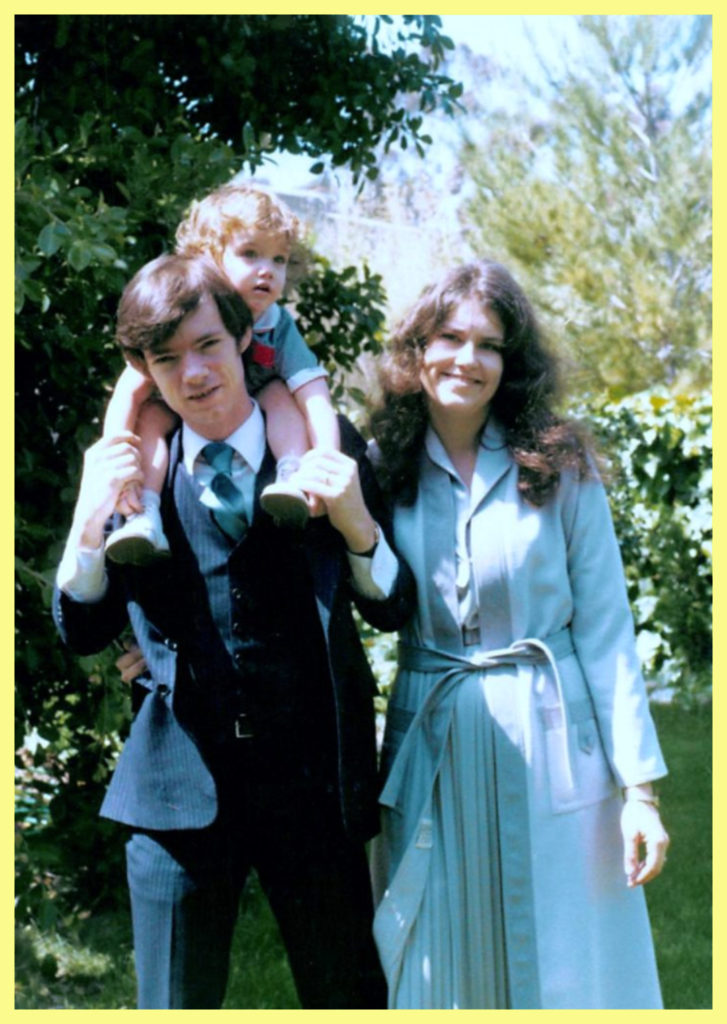
If I’d been widowed in such a shocking way in 1978, I can’t imagine what my life would’ve been like. I know it wouldn’t be anything like the lives J and I got to share for the next 38 years. (For one thing, two of our children don’t get born.)
If I stopped to consider how many near misses with death might occur in any given day, let alone month or year, I’d be too paralyzed with fear to leave the house (which, of course, is no guarantee the house won’t fall down on my head when the Big One hits California.) Every time I’m stuck in traffic for hours, I’m lucky not to be one of the fatalities that triggered the sig alert. If the 9/11 terrorists targeted the Empire State Building instead of the Twin Towers, I would’ve been two blocks away instead of two miles. So far, I’ve stayed healthy while friends who took better care of themselves struggle with terminal illnesses.
In 2001, Nassim Taleb published Fooled by Randomness which argues that modern man overestimates casuality in an effort to believe that our world is more rational than it actually is. If we can convince ourselves we’re alive due to luck or destiny, we don’t have to worry quite so much about getting hit by a bus.
I have no answers; only questions. A quote from Taleb’s book:
“Reality is far more vicious than Russian roulette. First, it delivers the fatal bullet rather infrequently, like a revolver that would have hundreds, even thousands of chambers instead of six. After a few dozen tries, one forgets about the existence of a bullet, under a numbing false sense of security. Second, unlike a well-defined precise game like Russian roulette, where the risks are visible to anyone capable of multiplying and dividing by six, one does not observe the barrel of reality. One is capable of unwittingly playing Russian roulette – and calling it by some alternative “low risk” game.”
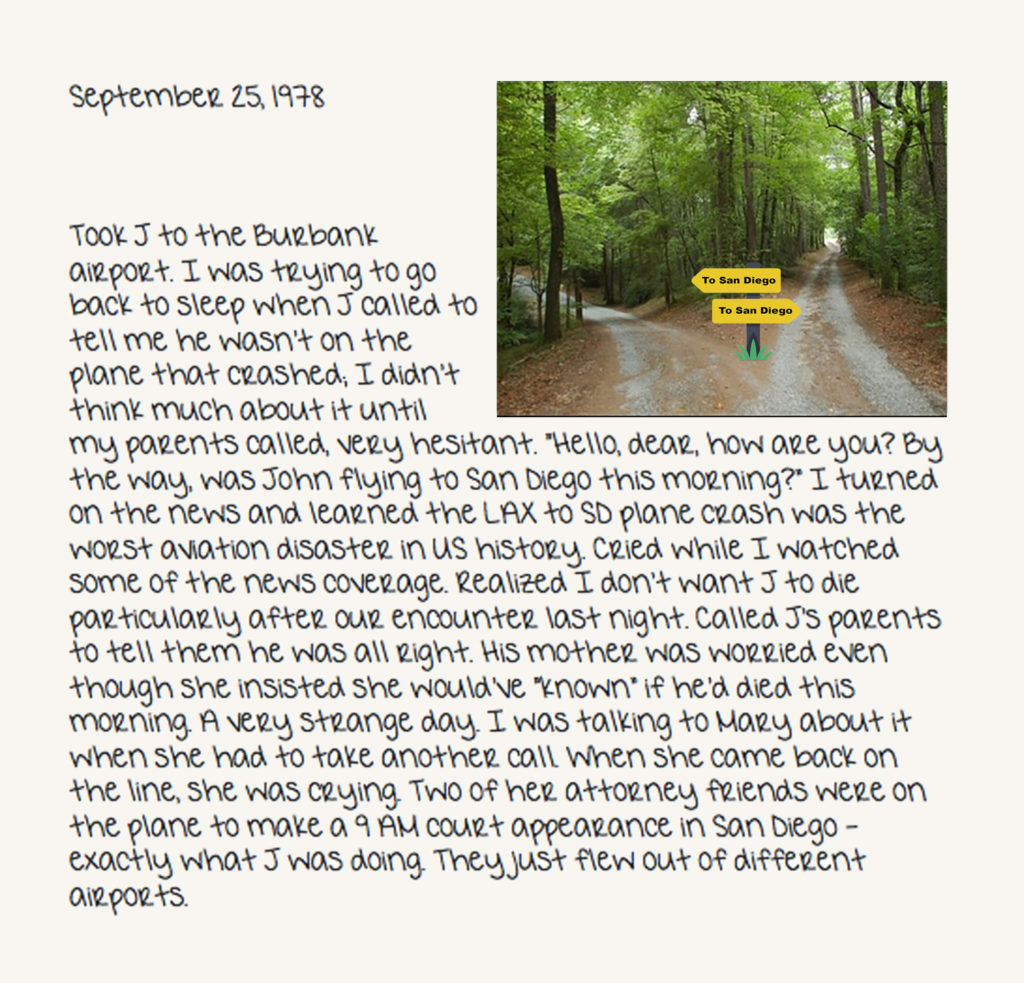
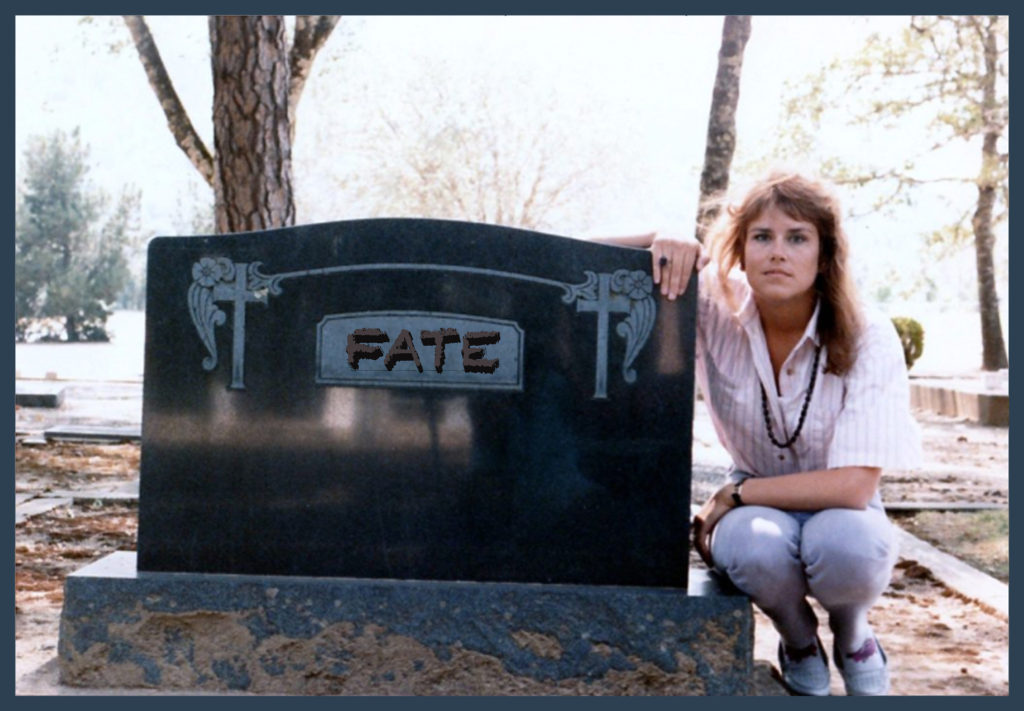
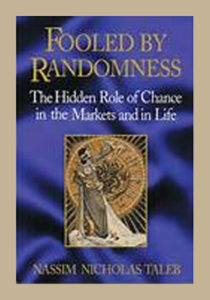
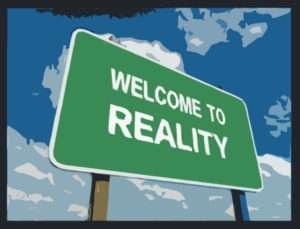
Bob Widding September 26, 2016 at 8:18 am
Thanks, Kathleen. Such personal accounts are not easily shared. No doubt, for those who have experienced similar incidents, the richness of your visual metaphor shan’t be lost: the signage at the fork in the road; the tomb of fate.
With respect to Taleb’s assertion, the following excerpt may offer a different way to look at the apparent randomness in life. Though the author may not answer all of the questions we desire, notwithstanding the approach falls more on the positive side of the fence:
The Riddles of Hamlet
“It is strictly and philosophically true that there is no such thing as chance or accident; since these words do not signify anything really existing, anything that is truly an agent or the cause of any event; but they merely signify man’s ignorance of the real and immediate cause. Most tragic events turn on most trifling circumstances. The fate of Richard II, is traced to a momentary impulse, — an impulse which cost him his kingdom and his life. Poor Desdemona’s fate hangs on the accidental dropping of a handkerchief. The unhappy death of Romeo and Juliet result on the miscarriage of a letter.
“The noble Caesar would not have met his untimely death, had he not postponed reading the schedule of Artemidorus. Wolsey fell from the full meridian of his glory by a slight inadvertence, which all his deep sagacity could not redeem. But of all the Poet’s plays, the predominance of chance over human designs, is most powerfully brought home in the tragedy wherein the fate of Hamlet turns on accident after accident. These fortuitous events are variously denominated, as Destiny, or Fate, or Chance; but, in the poetical religion of Shakespeare, they are recognized as the direction of a Providence that exercises supreme control over human affairs.” – Simon Augustine Blackmore,